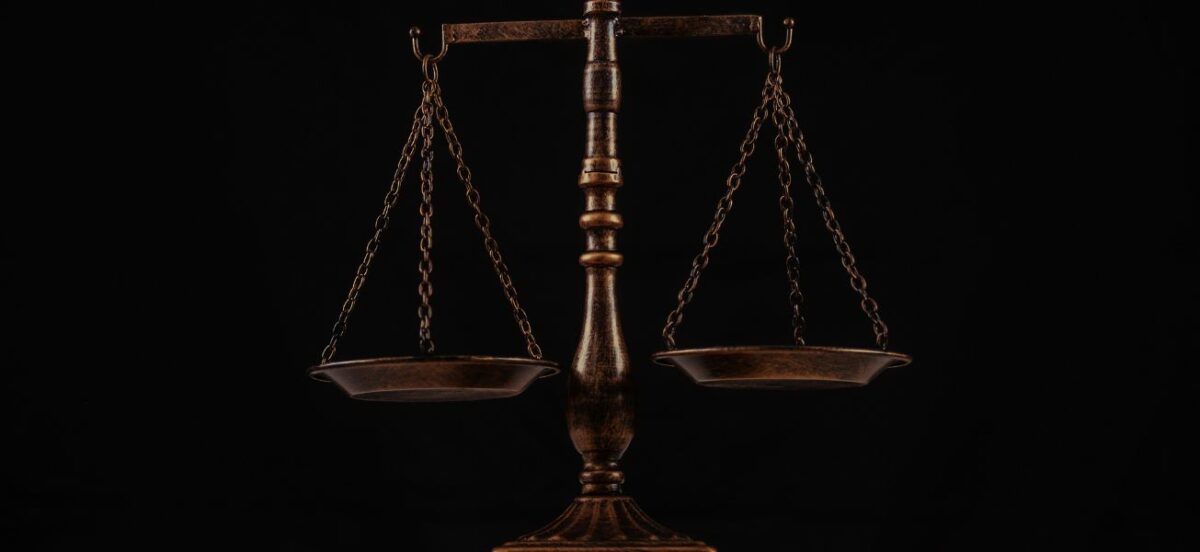On 14 of February 2019, Action for Dolphins attended a press conference in Tokyo to announce we have officially filed legal action against the Taiji dolphin hunts.
The case, which was supported in part by a kind contribution from the Brigitte Bardot Foundation, is being fronted by a brave Japanese plaintiff called Ren Yabuki, who is the director of an animal protection charity called Life Investigation Agency. And by our amazing team of Japanese lawyers, who will be taking on the dolphin hunters in court.
A resident of Taiji is also acting as co-plaintiff in the legal action, however we cannot reveal their identity for protection reasons.
Together we filed legal action against Mr Yoshinobu Nisaka, the Governor of Wakayama Prefecture. He’s the man who signs the permit that allows these cruel hunts to take place.
The legal action asserts Governor Nisaka has abused his power by issuing a dolphin hunting permit to the Taiji fishermen, who lack the spirit to comply with the law.
As explained below, we are alleging the fishermen break Japanese law in two ways:
1) They violate Japan’s animal welfare laws, and
2) They violate the catch quotas on their permit.
One of the laws we are challenging the hunts with is called the Animal Welfare and Management Act (AWMA for short). AWMA prohibits cruelty to “mammals” “in the possession of persons” (Article 44) – which dolphins netted off in the Taiji cove are.
AWMA states “no person shall kill, injure, or inflict cruelty on animals without due cause”. Our legal action includes expert statements from world renowned scientists and veterinarians who are going on record to argue that the handling of dolphins inside the nets in Taiji is exceptionally cruel. It is so rough and violent many dolphins die from their injuries, or drown before the slaughter even begins.
They are also asserting that the killing method used in Taiji does not meet Japanese animal cruelty laws, and “would register at the highest level of gross trauma, pain, and distress”.
The fishermen kill the dolphins using metal rods, which are thrust into the animals’ backs. They then insert wooden plugs into the open wounds. These plugs impede blood loss and prolong the time to death – inflicting additional pain and distress.
Furthermore, the Japanese Guidelines for the Culling Methods of Animals (1995) stipulate animals must be made unconscious before they are killed. This is a basic requirement of all international slaughter standards.
However, according to our expert evidence, the spinal transection method utilised in Taiji is highly unlikely to render the dolphins unconscious. This means they are conscious during their long and agonising death.
We also allege the fishermen violate the legal conditions of their hunting permit because they catch more dolphins than is allowed by their quotas.
The fishermen claim to adhere to environmental quotas, but we are asserting that they grossly under report the number of dolphins they catch.
The hunting permit sets a limit for the number of dolphins that can be “captured”, but at present the hunters only report the number of dolphins they either kill, or sell for captivity.
Firstly, the fishermen do not report dolphins they catch and subsequently release back into the ocean after several days. Secondly, the fishermen do not report the many dolphins that die incidentally due to injuries and drowning. But they should.
Experts state dolphins that are captured and subsequently released have very low survival rates. Given that the purpose of the quotas is environmental conservation, our lawyers are going to argue dolphins that are captured and released, and dolphins that are incidentally killed during the hunt must both be counted towards the quota.
When you include the released dolphins and the incidentally-killed dolphins, the fishermen have exceed their capture quotas by more than 400 dolphins and whales in the past five years.
This irresponsible overhunting of hundreds of dolphins and whales is not only illegal. It has also contributed to the near elimination of some species in Japanese waters, such as the seriously depleted striped dolphin, which the IWC lists as being ‘gravely threatened’ as a direct result of the drive hunts.
If the legal action is successful, the dolphin hunting permit will be declared invalid, and the dolphin hunts will stop.
Of course, all legal action are risky, and we don’t know whether or not we will win for sure. But we owe it to these beautiful animals to do everything in our power to end these cruel hunts.
